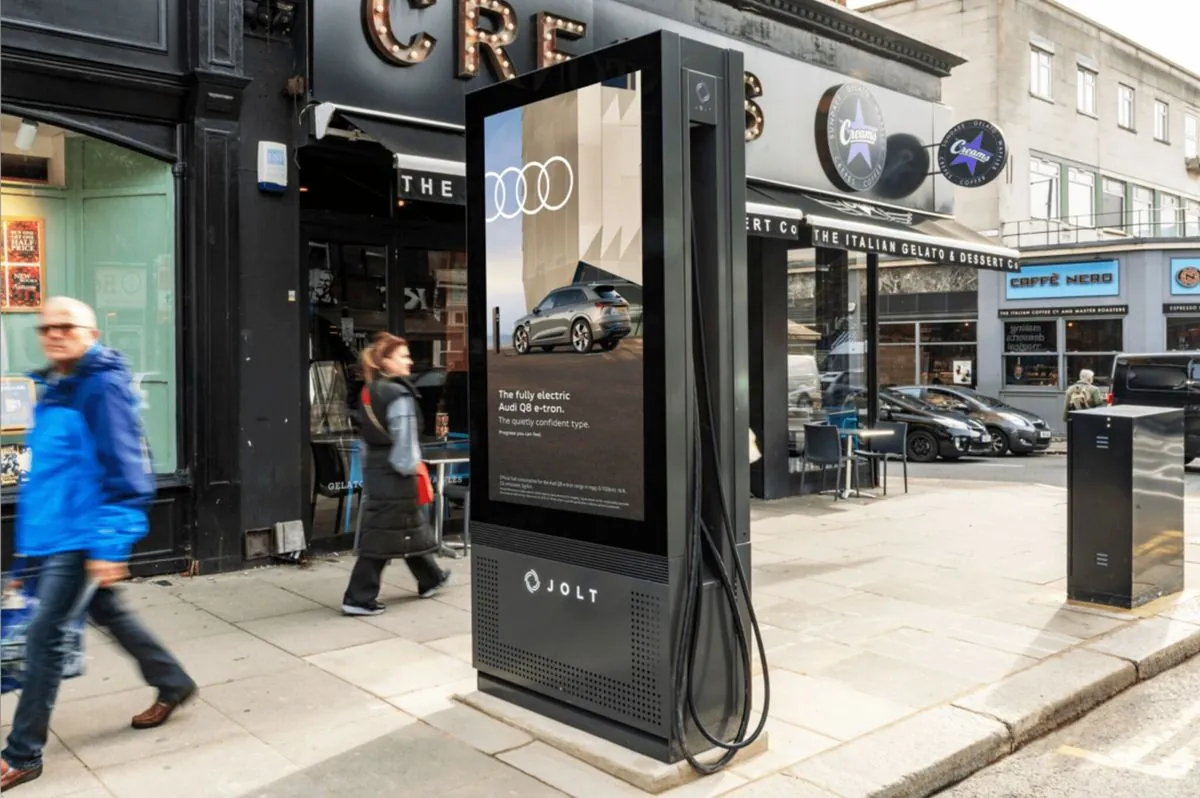UK Chancellor Faces £22bn Dilemma as Electric Cars Threaten Fuel Duty Revenue
As electric vehicles gain popularity, the UK Treasury faces a potential £22bn shortfall in fuel duty revenue. The Chancellor considers road pricing as a solution, sparking debate on fairness and implementation.

In 2007, Peter Roberts inadvertently crashed the Downing Street website with an e-petition opposing road charging. Seventeen years later, the issue has resurfaced, presenting a significant challenge for the UK Chancellor.
The rise of electric vehicles (EVs) is rapidly eroding fuel duty receipts, a crucial source of government revenue. By 2028, one in five cars on British roads is expected to be electric, compared to one in 25 today. This shift threatens to create a £22bn hole in public finances, prompting calls for the introduction of road pricing.
A coalition of think tanks and environmental organizations is urging the Chancellor to unveil a pay-per-mile system in the upcoming Budget. They argue this measure is necessary to ensure EV drivers contribute their fair share to road maintenance and infrastructure costs.

The proposed road pricing schemes vary in complexity. The simplest option involves a flat per-mile tax for EVs, potentially recorded through regular odometer readings. More sophisticated systems could factor in road types and congestion levels, similar to London's existing congestion charge.
Silviya Barrett of Campaign for Better Transport stated, "The new Chancellor faces a looming black hole. She can avoid it, in a way which is fair, and which garners broad public support. But she should start now, as this issue will only get more pressing."
However, implementing road pricing is not without challenges. Public opposition remains strong, with 55% of motorists against any form of pay-per-mile taxation, according to a recent poll. Critics argue that such schemes could unfairly burden rural residents and key workers who rely heavily on their vehicles.
"Our experience was that if you try to protect your income stream and get the policy benefits of road pricing – for example tackling congestion – you have immediately made your scheme more complicated."
Privacy concerns also loom large. Any system tracking vehicle locations could potentially infringe on personal freedoms, a point emphasized by the Alliance of British Drivers.
The political stakes are high. Previous attempts to introduce road pricing have faced fierce opposition, forcing governments into retreat. The current administration must weigh the urgent need for revenue against potential public backlash.
As the UK aims to reach net-zero carbon emissions, reducing car usage is seen as crucial. Ian Taylor of the Alliance of British Drivers argues, "We regard road pricing as a regressive and unfair measure that will just force us all to pay more."
With fuel duty receipts set to plummet, the Chancellor faces a difficult decision. The implementation of road pricing could prove to be a defining moment in UK transport policy, balancing fiscal needs with public acceptance and environmental goals.


































